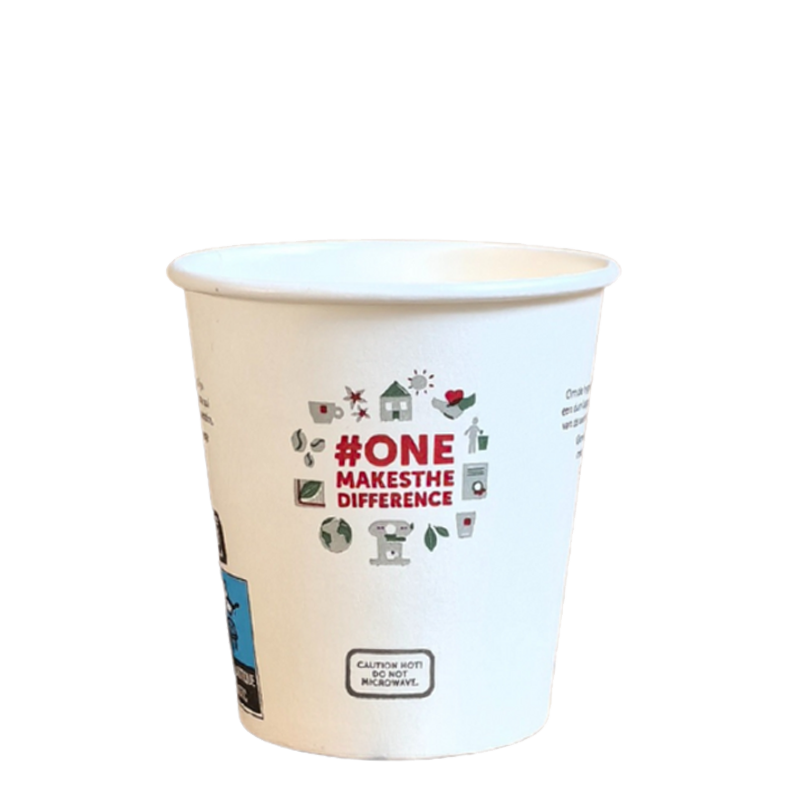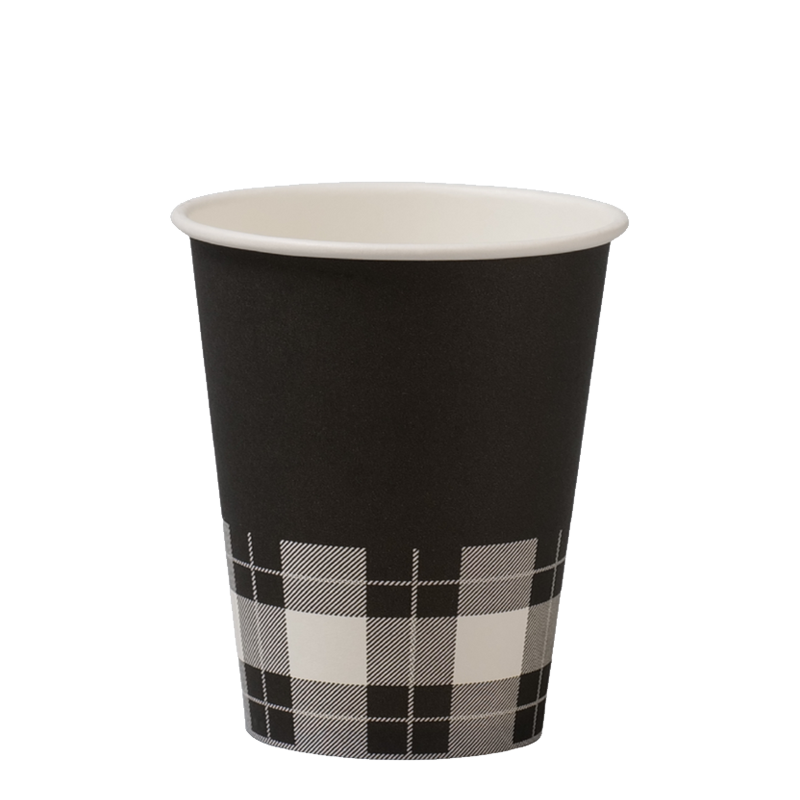Will disposable tableware pollute the environment?

Environmental Impact of Disposable Tableware
The environmental consequences vary significantly based on material composition and waste management practices:
1. Conventional Plastic Tableware
-
Degradation Concerns: Petroleum-based plastics (e.g., PP/PS) can persist in natural environments for centuries, accumulating in soil and water systems.
-
Microplastic Pollution: Gradual fragmentation generates microplastic particles with potential entry into food chains.
-
Recycling Challenges: Global recycling rates remain relatively low (approximately 9%), with contamination of general waste streams reducing processing efficiency.
2. Paper-Based Tableware
-
Resource Considerations: Reliance on wood pulp is mitigated through certified sustainable forestry (e.g., FSC).
-
End-of-Life Advantages:
-
Recyclable designs (plastic-free lining) support circular systems
-
Degrades within 3-6 months in industrial composting facilities
-
-
Carbon Footprint: Manufacturing generally requires less energy than plastic, though transportation weight may offset gains.
3. Biodegradable Materials (PLA/PHA)
-
Decomposition Requirements: Effective breakdown typically requires controlled industrial composting (sustained 55-70°C with microbial activity), often ineffective in standard landfills.
-
Recycling Contamination Risk: May compromise plastic recycling streams if improperly sorted.
4. Systemic Determining Factors
-
Waste Management Infrastructure:
Treatment Method Plastic Impact Paper Impact Uncontrolled Landfill Long-term soil/water contamination Methane emissions (organic decomposition) Incineration Dioxin release (chlorinated) Higher energy recovery efficiency -
Consumer Behavior: Incorrect disposal leads to environmental leakage in approximately 22-35% of cases (UNEP data).
Conclusion
Environmental pollution from disposable tableware depends on:
- Material type (plastic > paper > certified biodegradable)
- Local waste processing capabilities
- Accuracy of consumer sorting
Recommended priority scale:
Reusable alternatives > Plastic-free paper/bagasse tableware > Industrially compostable certified products > Recycled plastic tableware
(Source: UNEP 2023 Waste Report, Ellen MacArthur Foundation Circular Economy Studies)
 +86-18863350588
+86-18863350588
 English
English Français
Français Deutsch
Deutsch Español
Español














